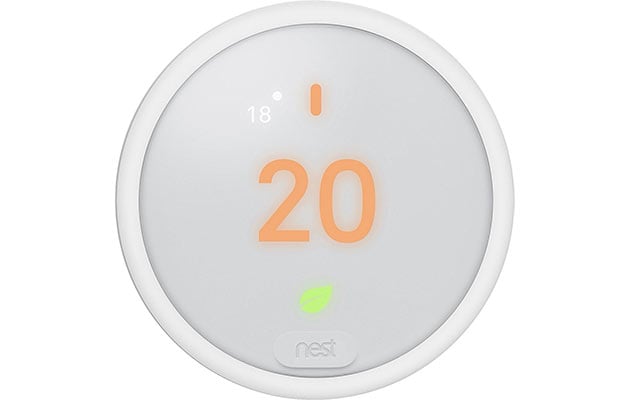Alphabet's Sub-$200 Nest Thermostat Leaked With Cheaper Plastic Components
A smart thermostat like the Nest is a great way to help you save money on your electricity and heating bills. Nest is able to do this by learning what temperatures you like and then setting itself automatically depending on the time of day. It also learns when you are out of the home using integrated sensors and the location on your smartphone to turn the temperature up when you leave, saving money.
The catch for many people who would like to own a Nest Learning Thermostat is that they are expensive at $249, and are decked out with a metal ring around the outside in stainless steel, black, white, or copper colors.

Back in March of this year, a rumor started floating around suggesting that Nest was at work on a cheaper learning thermostat that would ring in at under $200. That cheaper thermostat might lure in some buyers who had a hard time justifying the $249 price of the original device. The only detail we have on the sub-$200 thermostat at this point is an image that has been leaked by Evan Blass via Twitter. It's worth noting that Blass has a long history of accurate leaks so while you can't take this rumor as gospel right now, it's about as close as you can get to certainty this side of an official press release being published.
What we can tell from the leaked image, which appears to be a render, is that it appears to have a white plastic ring rather than the fancier metal ring. Presumably some of the other components in the device are made from plastic as well. Many would argue that metal looks better and is more robust, but the vast majority of thermostats on walls in homes the world over are made from plastic and longevity hasn't been a problem.
With no mention of features, we would assume that the cheaper Nest Learning Thermostat would have the same feature set. However, it's certainly not outside the realm of possibility that some features might get ditched to support the lower price. We will have to wait for a leak with more details or until the product officially launches to be certain.
One interesting rumor that popped up back in March was that Nest was working on a system that would allow users to regulate the temperature of individual rooms. The only way to do that currently is to have individual air conditioning and heat units on a per room basis. It's unclear if that feature is to be included in the new cheaper Nest or if that feature is coming at all.

